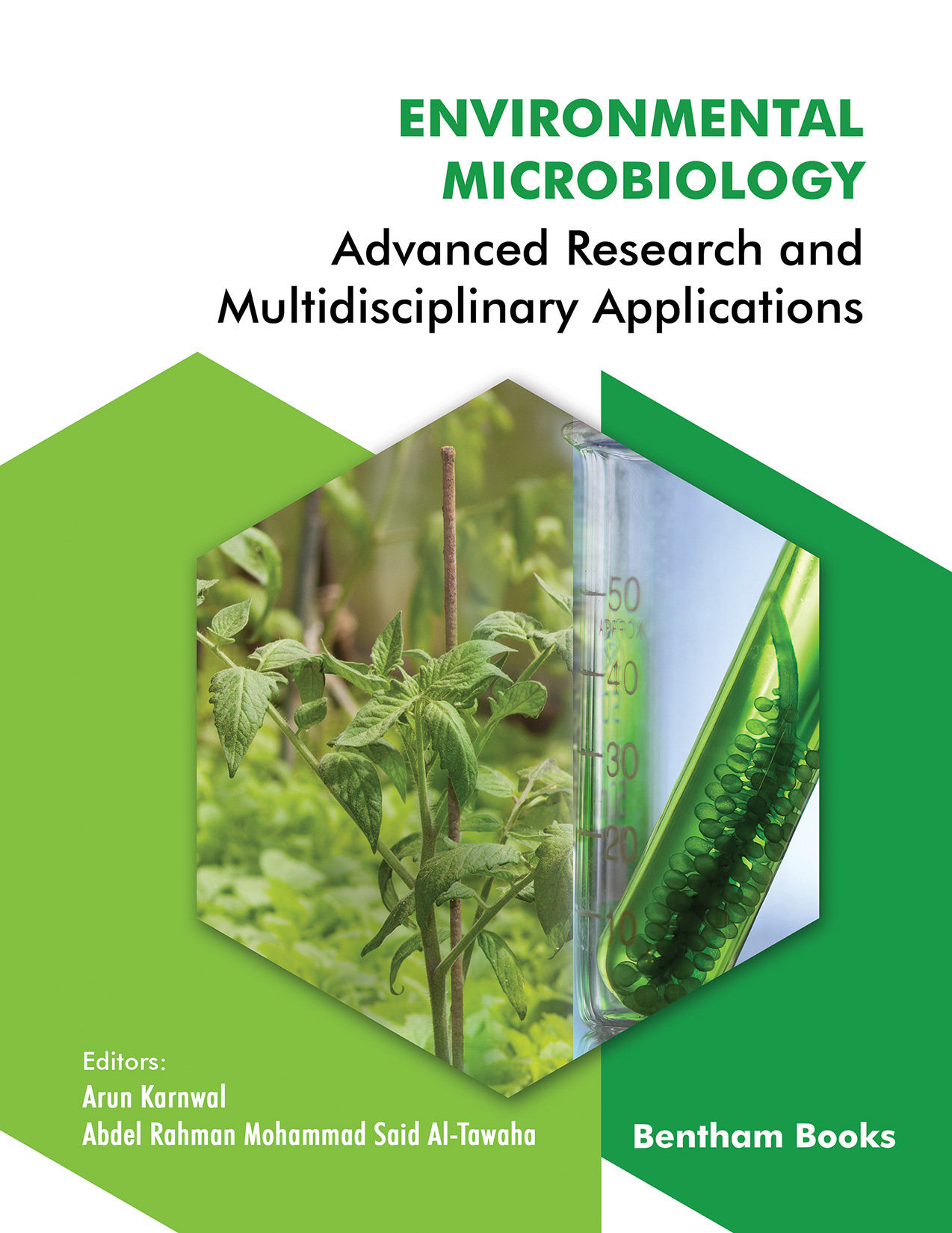Nutrient Cycling: An Approach for Environmental Sustainability

- Authors: Sufiara Yousuf1, Nafiaah Naqash2, Rahul Singh3
-
View Affiliations Hide Affiliations1 Department of Zoology, School of Bio engineering and Bio-sciences, Lovely Professional University, Phagwara-144411, Punjab, India 2 Department of Zoology, School of Bio-engineering and Bio-sciences, Lovely Professional University, Phagwara-144411, Punjab, India 3 Department of Zoology, School of Bio-engineering and Bio-sciences, Lovely Professional University, Phagwara-144411, Punjab, India
- Source: Environmental Microbiology: Advanced Research and Multidisciplinary Applications , pp 77-104
- Publication Date: August 2022
- Language: English
nbsp;Nutrient cycling is an important environmental process and has been the focus of ecological research. Nutrient cycling refers to the sufficient supply of key elements provided through the ecological processes within and between various biotic or abiotic components of a cell, community, or ecosystem. Nutrient cycling also includes the recovery and reuse of industrial, agricultural, and municipal organic debris that are considered wastes. Nutrient cycles include biotic and abiotic components involved in biological, geological, and chemical processes known as biogeochemical cycles. Changes occurring in such cycles may indicate or even alter the functioning of the ecosystem. Plants take up soil nutrients in terrestrial ecosystems for healthy growth and development, wherein soil acts as a nutrient reservoir. Nutrients are lost from such sites due to soil erosion, denitrification, and food production, which cause reduced availability of nutrients. Therefore, analyzing nutrients’ assimilation, transport through biota, and their release for subsequent re-assimilation is mandatory. Nutrients to be recycled essentially for the survival of organisms include macronutrients (C, O, H, N, K, P, Ca, Mg, S, and Cl) and micronutrients (Fe, Mn, Mo, Cu, Zn, Bo, Ni, Co, Na, Se, and I). This chapter presents the role of nutrients and nutrient cycling for environmental sustainability
-
From This Site
/content/books/9781681089584.chap5dcterms_subject,pub_keyword-contentType:Journal -contentType:Figure -contentType:Table -contentType:SupplementaryData105

